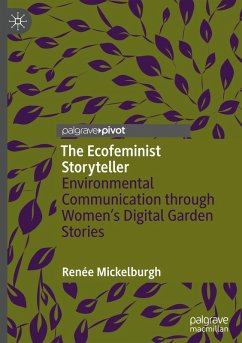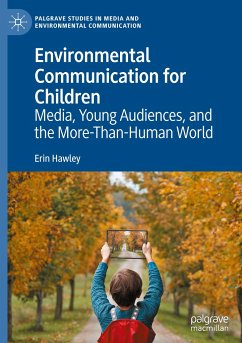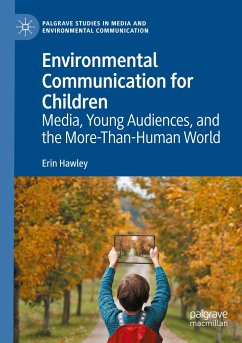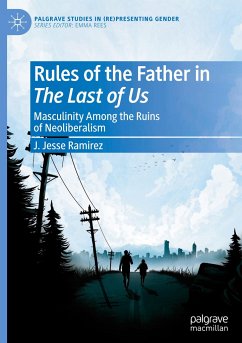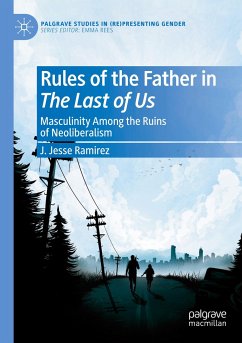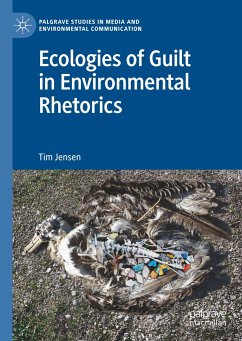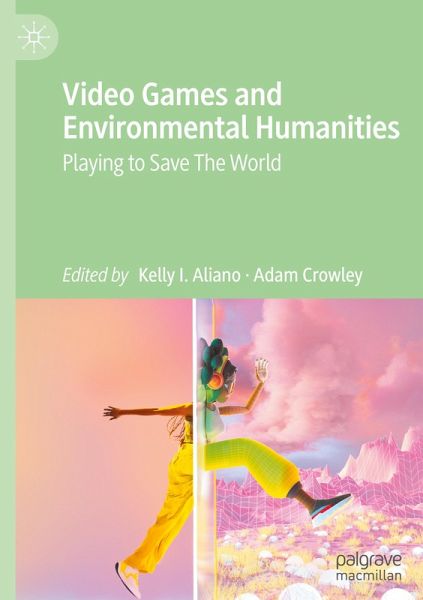
Video Games and Environmental Humanities
Playing to Save The World
Herausgegeben: Aliano, Kelly I.; Crowley, Adam

PAYBACK Punkte
53 °P sammeln!
This edited collection investigates topics related to environmental humanities through their inclusion, exploration, or critique in contemporary video games. It focuses on how video games are a site for creating and interacting within environments, with analysis that showcases how environments are shaped within video games as well as serve as a reflection of our real world. This crossroad between the virtual and the real allows us to consider the ways in which the concepts, theories, and issues facing our real-world environment can be understood and studied through video games, particularly vi...
This edited collection investigates topics related to environmental humanities through their inclusion, exploration, or critique in contemporary video games. It focuses on how video games are a site for creating and interacting within environments, with analysis that showcases how environments are shaped within video games as well as serve as a reflection of our real world. This crossroad between the virtual and the real allows us to consider the ways in which the concepts, theories, and issues facing our real-world environment can be understood and studied through video games, particularly via the power of interactive play to teach. This book looks into how video games might empower their players to make real-world change through their immersive environments. Finally, the volume offers a consideration of ecological crises through an exploration of post-apocalyptic narratives in a wide variety of video games. This close textual analysis of video game narratives and play structures allows insight into how and why such stories were crafted and explores the various intersections between these fictional play environments and the conditions of our real world.



